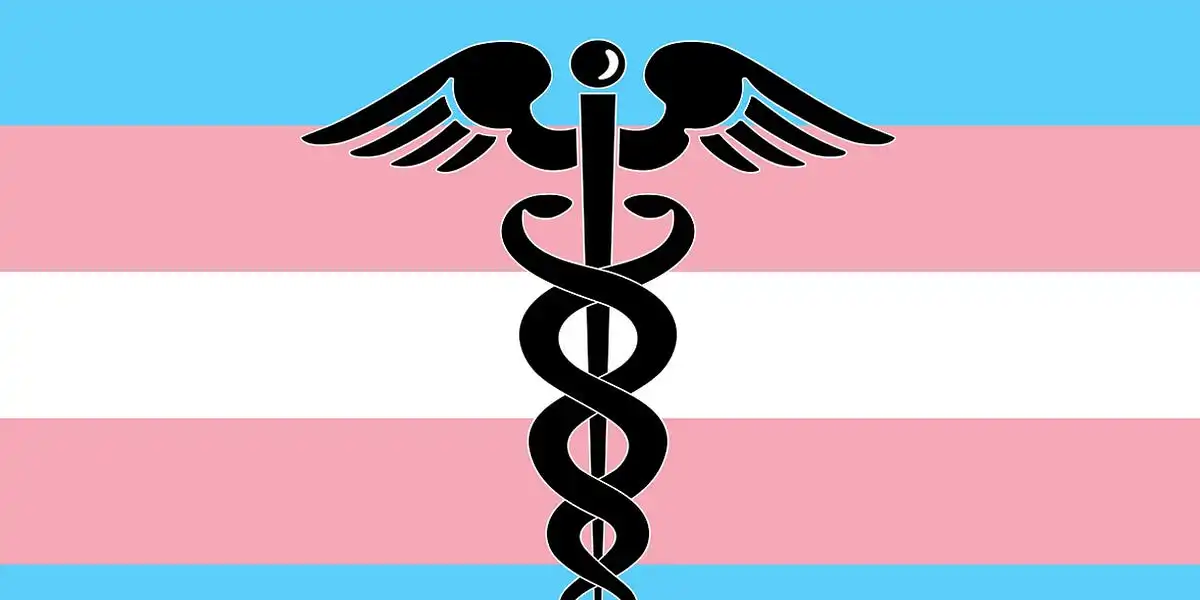A randomized controlled trial (RCT) conducted by researchers in Melbourne, Australia, has demonstrated significant benefits of gender-affirming care for trans individuals, offering a critical insight amidst rising anti-trans sentiment questioning the efficacy of such treatments.
The study divided 64 transmasculine individuals seeking testosterone into two groups: one received treatment within a week, while the other waited for three months. The results, assessed over three months, revealed a 55% reduction in suicidality in the treatment group compared to only a 5% reduction in the control group. Depression and gender dysphoria scores also substantially dropped in the treatment group.
The researchers note that extended RCTs in this area are often deemed unethical, given that they would entail withholding proven care; the GRADE system, often invoked to demand high-quality evidence, actually considers a broad array of treatments, including gender-affirming care, sufficiently substantiated through observational studies and clinical experiences.
This research, therefore, necessitated a shorter follow-up and included only adult participants to maintain ethical standards. While critics may focus on the study’s limited duration, it undeniably underlines the crucial role of immediate access to hormone therapy for transgender individuals, corroborating previous observational studies that highlighted the preventive and long-term advantages of gender-affirming care.


